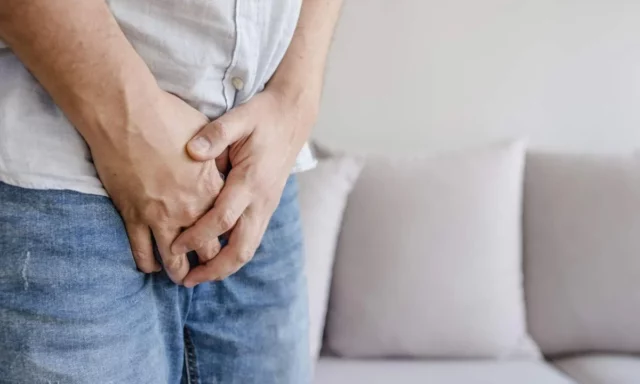Some studies affirm that the lack of sexual activity in an adult person can cause stress, anxiety, self-esteem problems, a less strong immune system, less production of new neurons, erectile dysfunction and vaginal atrophy.
Beyond pleasure, having sex and/or masturbating have a positive impact on health and well-being, but what really happens to the vagina when we stop having sex? Vaginal atrophy (atrophic vaginitis) is the thinning, dryness, and inflammation of the vaginal walls that can occur when your body has less estrogen. It tends to happen more often after menopause.
How does lack of sexual activity impact health?
According to an article by Soledad Venesio, published in La Nación, Dr. Mehmet Oz of TriStar StoneCrest Medical Center explains that “With age the walls become less resistant and more susceptible to trauma. Swelling or tears are more likely to occur, which can cause pain during intercourse.”

And what is the impact of not having sex?
According to Lisa Jambusaria “If we don’t keep the vagina open during intercourse, it can also start to narrow and shorten”. At this point, the American doctor recommends, in consultation with a trusted doctor, a vaginal estrogen replacement therapy to increase the elasticity of the vagina and make sex a more satisfying experience.
Possible solutions
A possible solution to vaginal atrophy is to start trying different intimate gels because the response to stimuli can change. “Research shows that those who recently used a vibrator scored higher on the Female Sexual Function Index (FSFI), which includes Desire, Interest, Lubrication, Arousal, Satisfaction, and Orgasm,” explains sexologist Dr. Jess, adding, “This correlation suggests that it is possible that changes in their sexual habits could temporarily impact sexual functioning.”
It is important to see a doctor if you have pain during intercourse that is not relieved by a moisturizer.

